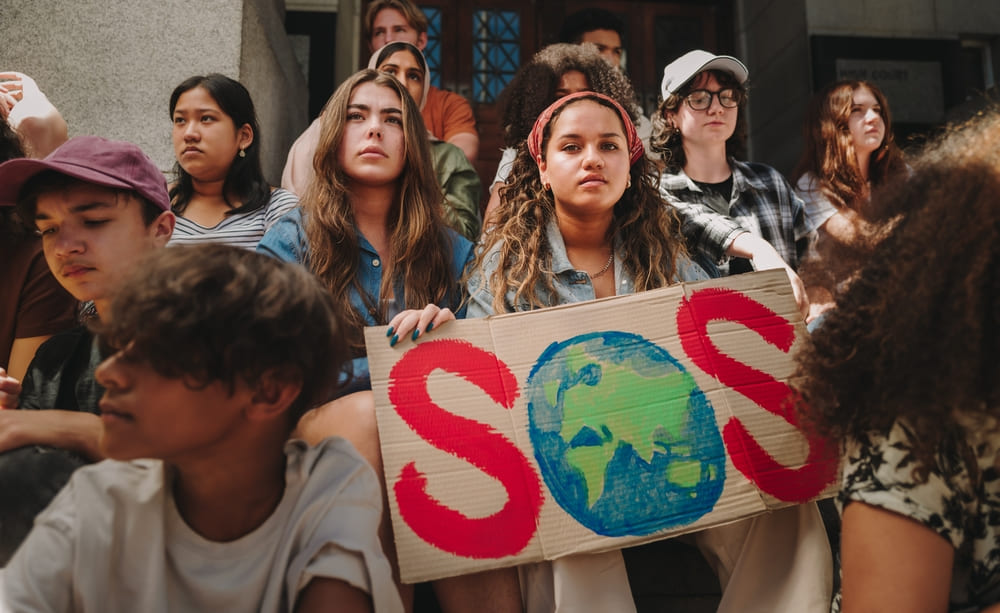
Climate change and mental health are closely connected. Extreme weather events can trigger trauma, displacement, and grief. Indirect effects include chronic anxiety about the future, helplessness, and a persistent sense of threat.
Young people in particular struggle, knowing they will face the long-term consequences of a deteriorating environment. Research shows climate change contributes to anxiety, stress, post-traumatic stress disorder (PTSD), and depression. Recognising these signs early allows therapists to provide appropriate support.
At Donna Morgan Counselling, I help clients explore how external pressures including climate anxiety affect their mental well-being.
The Unique Struggles of the Younger Generation
The younger generation faces what is often called eco-anxiety, the chronic fear of environmental collapse. They feel the weight of inheriting a damaged planet, while being bombarded by media coverage of environmental crises.
Many also feel betrayed by previous generations and pressured to “fix” the future. This emotional burden can manifest as:

- Anxiety and stress
- Depression and hopelessness
- Anger and frustration
For some teenagers, these feelings can heighten challenges they already face around identity, academic pressures, and social expectations. Teenage Counselling can provide a safe, supportive space to work through these emotions.
Guiding Young People Through the Climate Crisis: Therapeutic Interventions
Therapists and caregivers can help young people manage eco-anxiety with tailored approaches:
1. Validation
Recognise that their concerns are legitimate. Validation helps reduce shame and encourages open conversation.
2. Empowerment Through Action
Encourage involvement in community or environmental initiatives. Taking action, no matter how small, builds purpose and reduces helplessness.
3. Mindfulness and Grounding Practices
Techniques such as deep breathing, meditation, and Walk and Talk Therapy help manage anxiety and create present-moment awareness.
4. Education and Perspective
Providing accurate, balanced information about climate change can demystify fears and foster resilience.
5. Building Resilience
Resilience training through Cognitive Behavioural Therapy (CBT) and other methods strengthens coping strategies and adaptability.
6. Establishing Hope
While challenges are real, highlighting progress, innovation, and positive global actions fosters optimism. Celebrating small wins helps counterbalance despair.
Conclusion
The connection between climate change and mental health is undeniable, especially for the younger generation. By recognising eco-anxiety and offering targeted support, therapists can nurture resilience, empowerment, and hope.
If you or a loved one are struggling with anxiety related to climate change, contact Donna Morgan Counselling today to book a consultation and take the first step towards greater emotional well-being.


